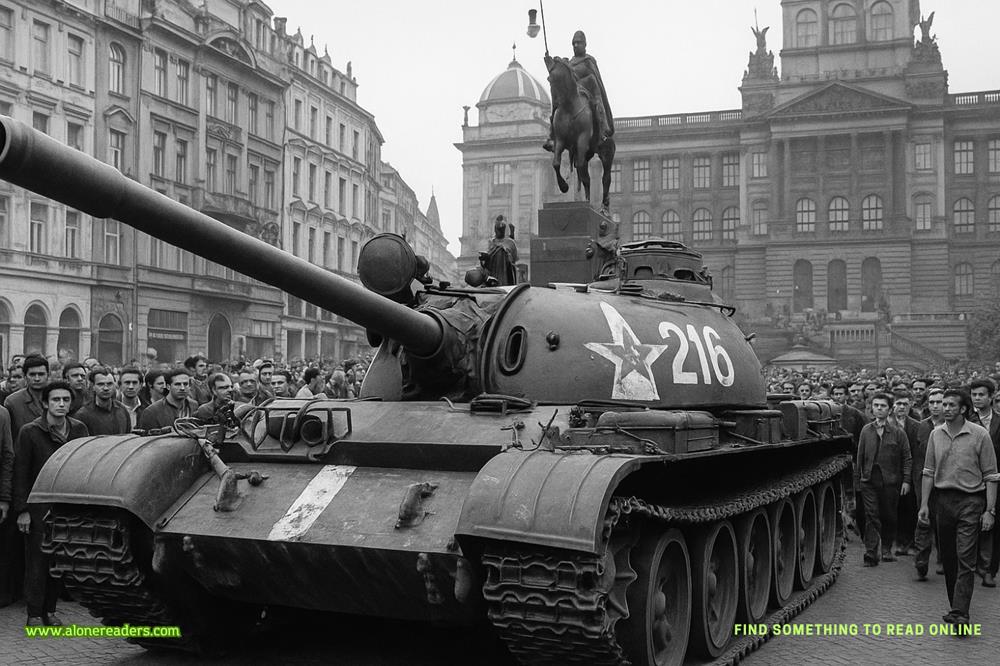Page 50 of Our Last Resort
This became my favorite task. Numbers didn’t care about complicated moral codes. They didn’t expect you toreflect,to practiceradical self-honesty.They were correct or they weren’t. That was a level of clarity I had never experienced before.
While we worked—what a thrill, being awe—Émile spoke. He told me about his trips, about the people he’d met. He told me all he understood of the human mind.
Émile didn’t ask much of his audience of one. Just listening. Just nodding. He, the sun, and me, the sunflower.
“Look at this,” he’d tell me, and he’d pull out a book, skim to a specific passage.
Sometimes, when he was especially animated, it wasn’t enough to let me read by myself. He cleared his throat and spoke the sentences for me. He would reach for something behind me. He would put his hand on my shoulder.
He wasn’t a mystic. Not a healer. He never pretended his hands had powers.
But I felt it, the crackle of energy. A force not of our world.
Every morning, Émile and I worked until it was time for breakfast. “Walk with me there,” he said, and that became a thing we did, walking to the cafeteria together.
People noticed.
Suddenly I was special. In class, I always had somewhere to sit. Other kids moved aside to let me through. Even the mothers cut me a break. They stopped telling me to work harder, to walk faster, to hold my back straighter.
I stopped fearing their hands.
There was jealousy, too. Loud whispers in the dark of the girls’ dorm.She thinks she’s so special.One night, my ratty blanket, stolen, and a line of girls swearing they had no idea what had happened to it. When the adults couldn’t see, and even at times when they could, feet jutting out into my path to trip me. A splatter of blue ink at the back of my sweater.
Edwina was their ringleader, the blaze of faith in her eyes. She had burned hotter and brighter than any of us. She had tried so hard, but Émile had chosen me. Not her.
Me.
There was a darkness to Edwina. Her step was heavy, her shoulders hunched. She was nineteen years old. Past her prime. Too late for her to ever rise to my rank. In a few years, she’d be one in a sea of mothers.
I had been jealous of her, once. Jealous of her faith. Of thebelief that seemed to animate every part of her—her proud posture, her confident gaze, her head always held high.
Now I pitied her.
I didn’t mind it too much, the pettiness. It came with the territory. For the first time in my life, I had something worth being jealous of.
I wore the girls’ envy like a heavy crown, a burden fit for Émile’s little soldier.
For a while, Émile didn’t say anything about his missing money. Not to me, and not, as far as I knew, to anyone else.
One evening a few weeks after our morning meetings began, I was walking behind Edwina and her friends from the bathrooms to our dorm. A commotion cut through the silence. We startled, girls like a herd of deer.
Émile had his hand around a mother’s arm. The collar of her dress was yanked down, the top of her shoulder exposed.
“It wasn’t me,” she said.
“Don’t lie.”
He shook the mother’s arm.
“Stealing,” he said. “Really?”
She let out a small whimper. He brought his face closer to hers.
“What were you going to do with it?” he seethed. “What could you possibly have thought would come of this?”
“It wasn’t me,” the mother said through tears. “I swear. I told you. I don’t know where it is. I have no idea.”
Émile shook his head, the world’s disappointment dripping down his shoulders. His voice was almost a whisper then, and still so clear, each word a stab wound: “You. Disgust. Me.”















